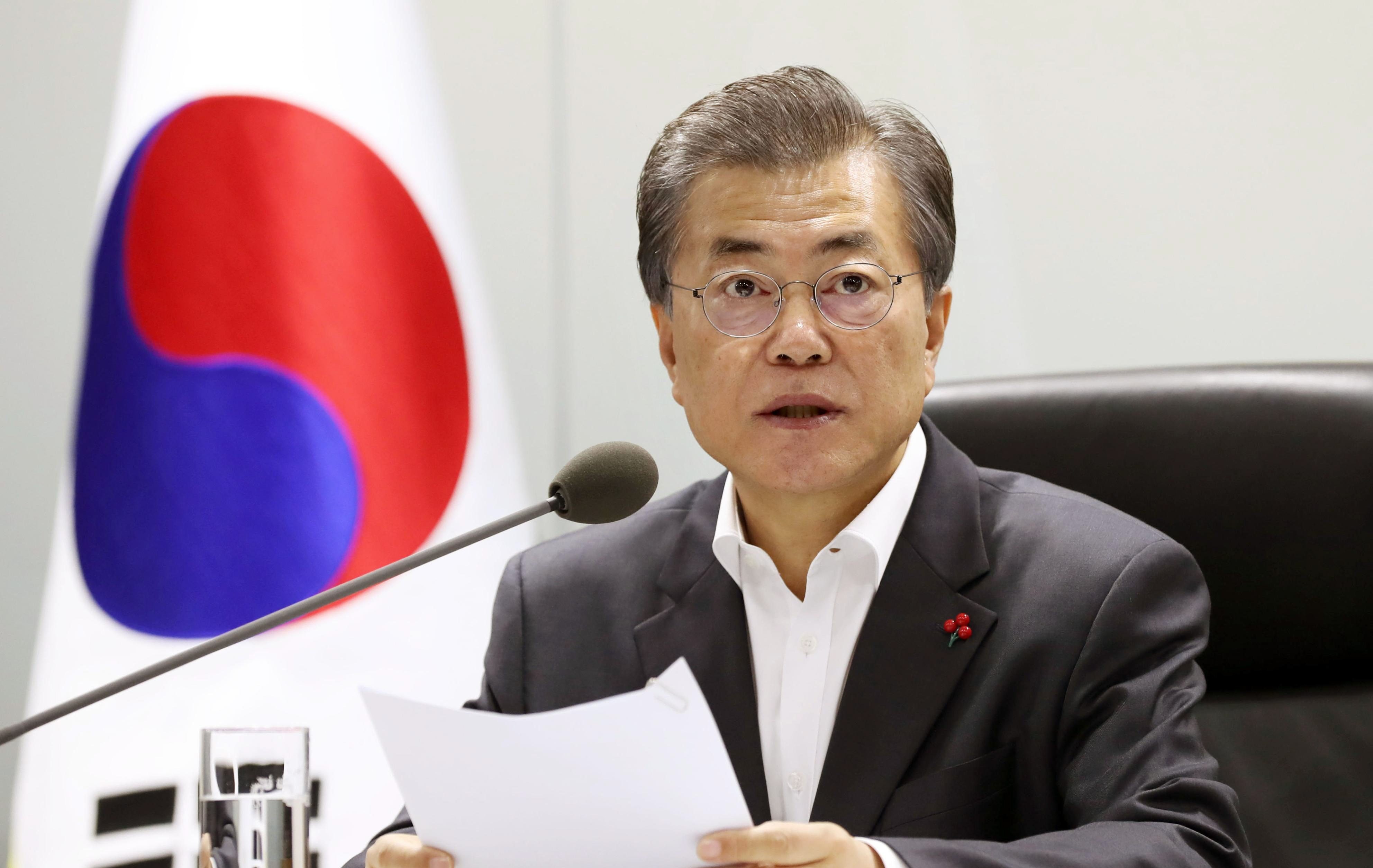


Japan still cannot celebrate without reservation a recent favorable ruling by a Seoul court. President Moon Jae In’s attitude is one reason South Korea has a...



We simply cannot believe our ears. South Korea, which has raised a problem that has already been solved, is now asking Japan to show...
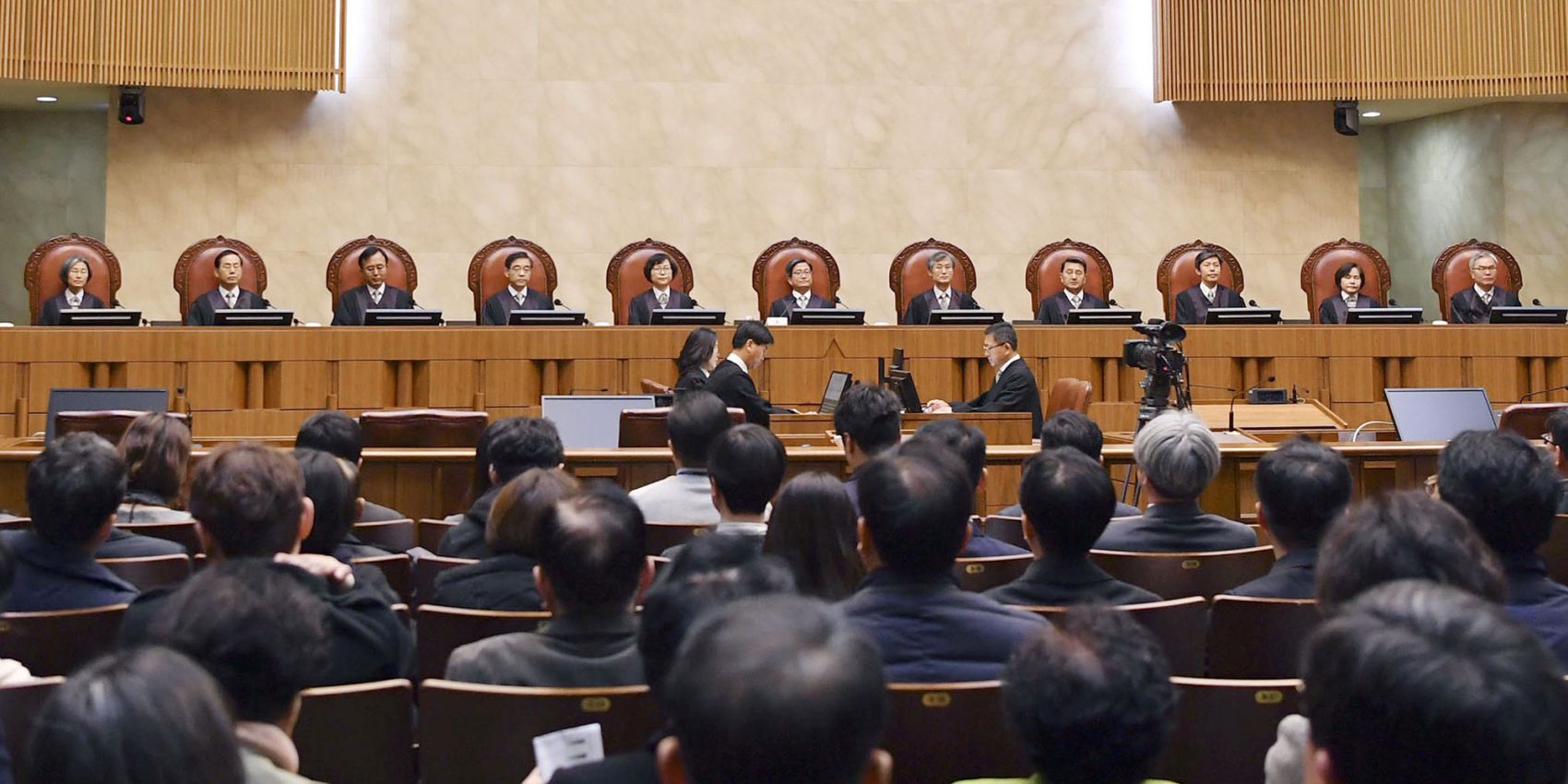

South Korea's Supreme Court: Relations were exacerbated when the court ordered Japanese companies to pay additional wartime reparations, rejecting the 1965 bilateral treaty that resolved issues...
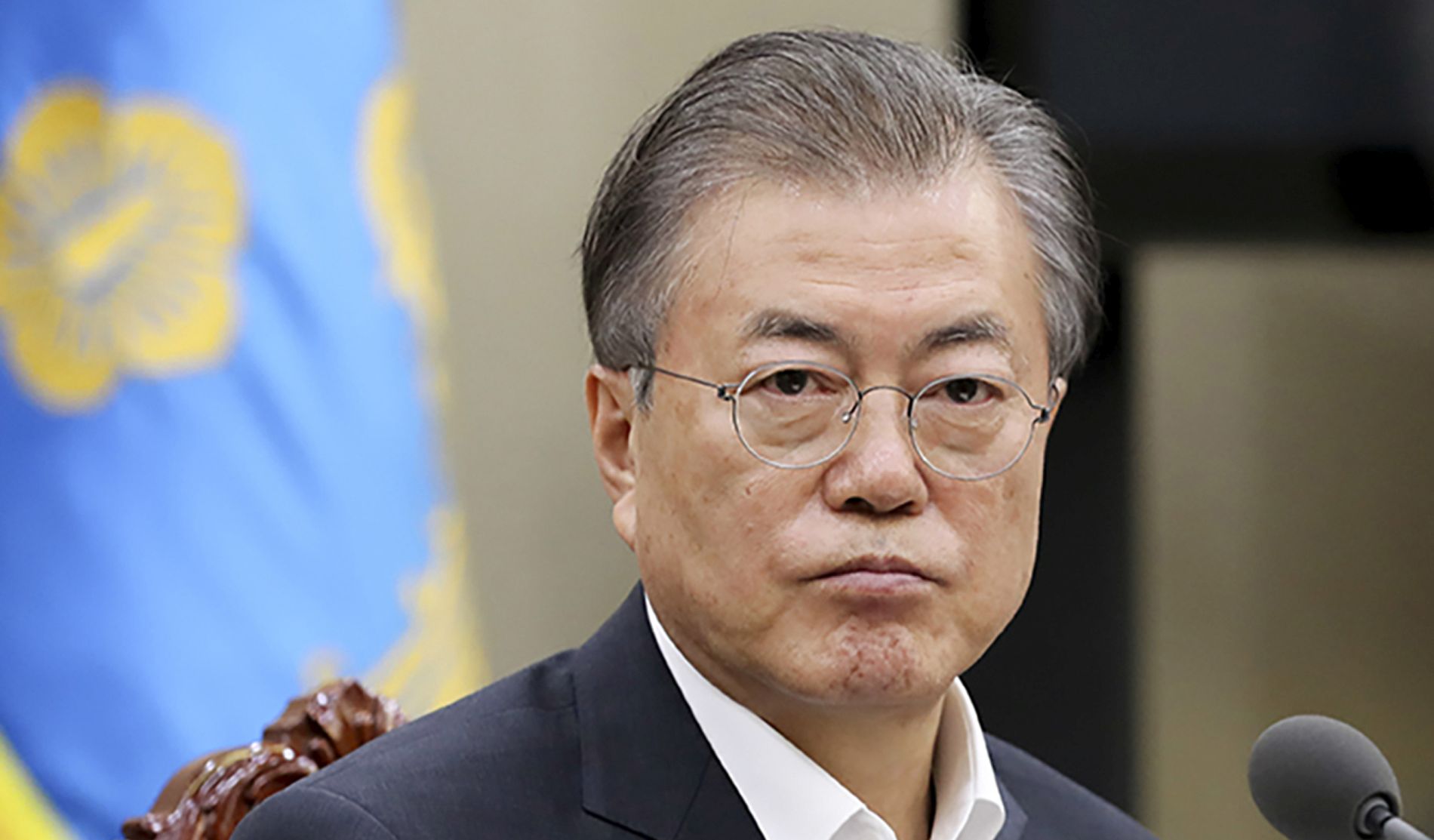

The President of South Korea Moon Jae In made some striking promises during his big televised speech to mark Liberation Day on August 15. ...


Despite the 1965 Agreement and payments to mobilized laborers, anti-Japan activists, including Japanese lawyers and extremist labor union members, have traveled to South Korea since the...
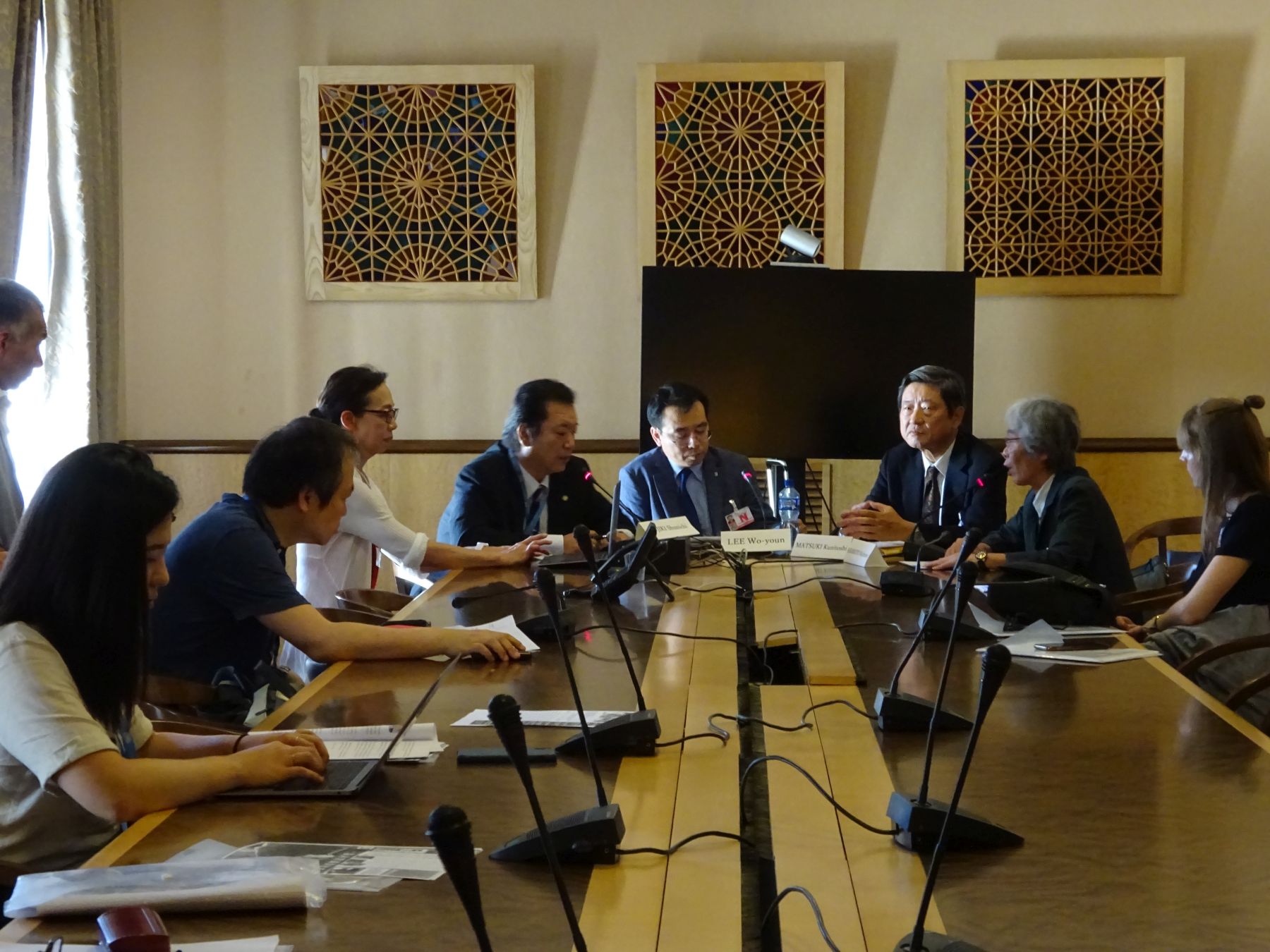


In their 1965 treaty, claims settlement agreement and restoration of diplomatic relations, South Korea called for all compensation from Japan to wartime laborers, to be paid...
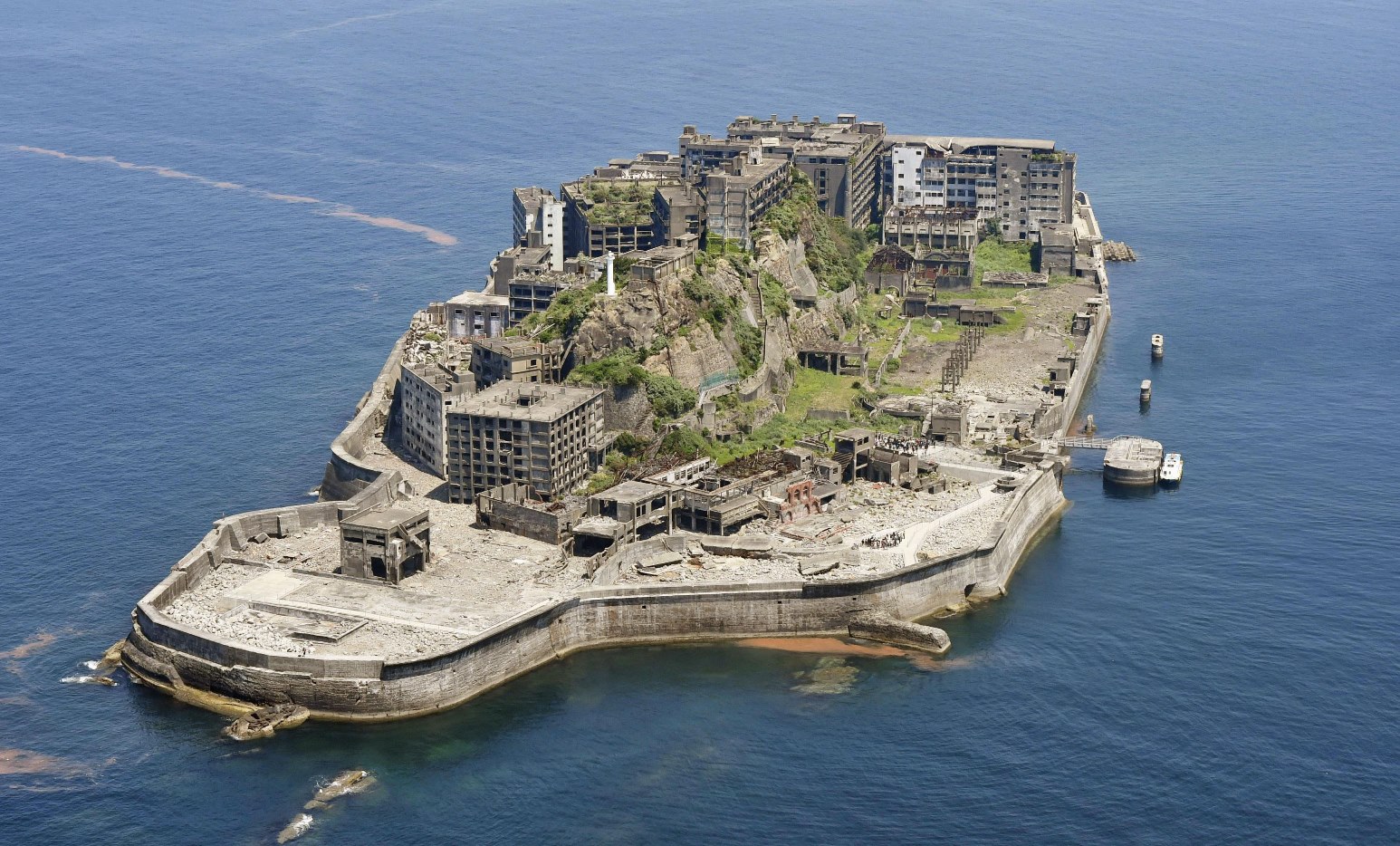

The stories told by these statistics reveal the reality of wartime laborer, which differs dramatically from the claims of capture and forced labor, or slave labor,...
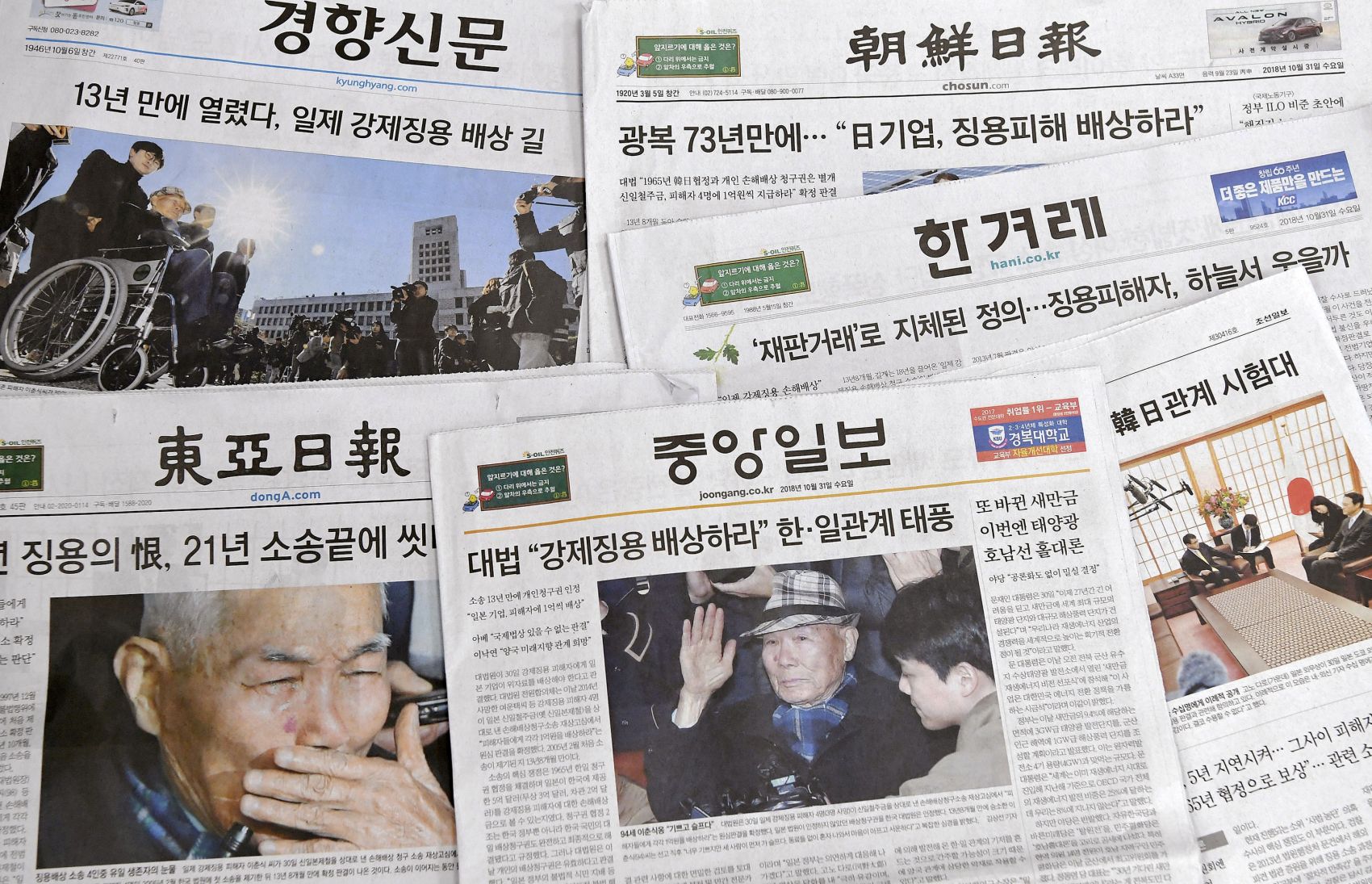


The foundation of Japan-South Korea relations was shaken by the South Korean Supreme Court’s ruling on wartime laborers in Japan. An explanation of the key terms...
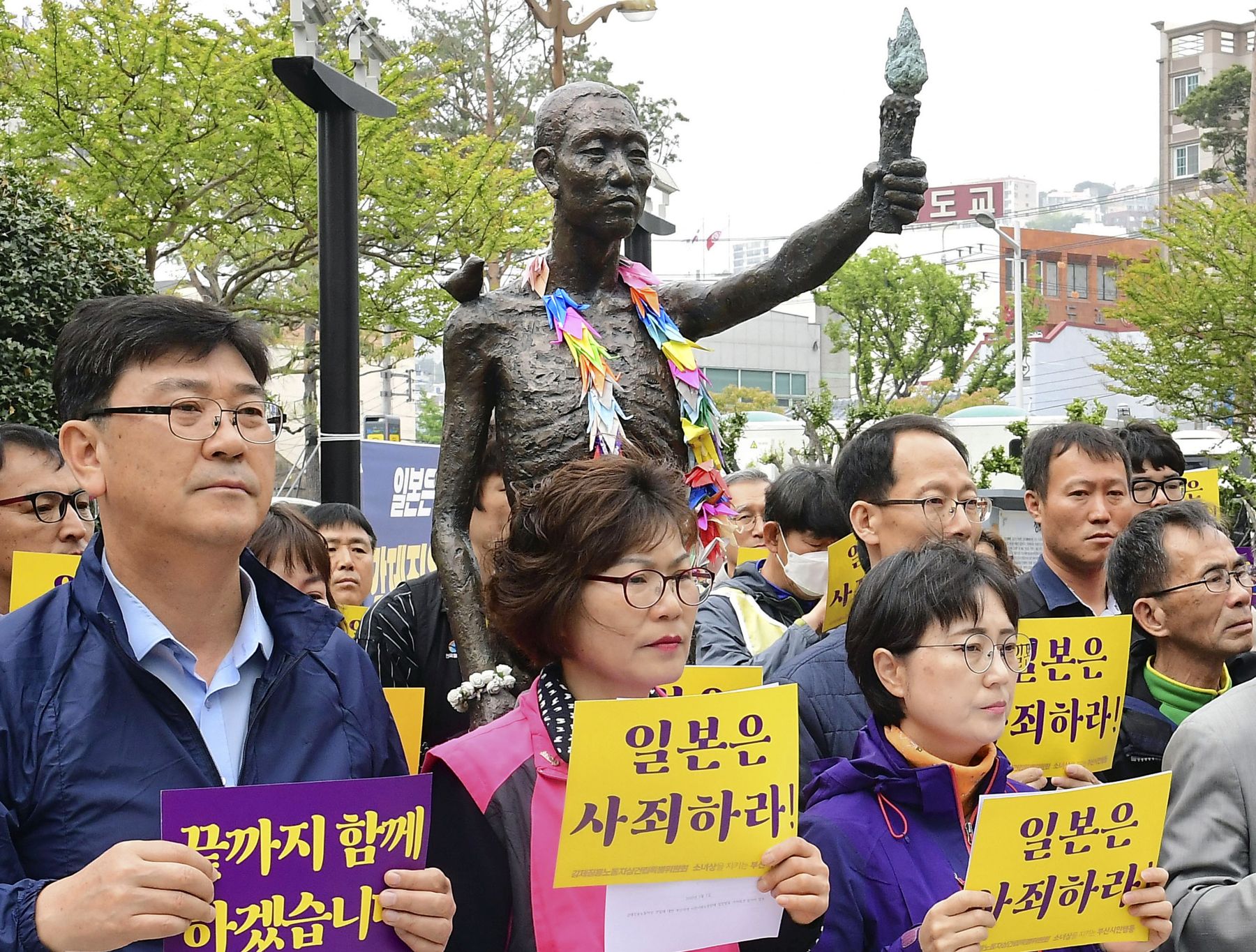


The liquidation of assets of the Japanese companies is precisely a consequence that the 1965 Treaty and Agreement intended to prevent.
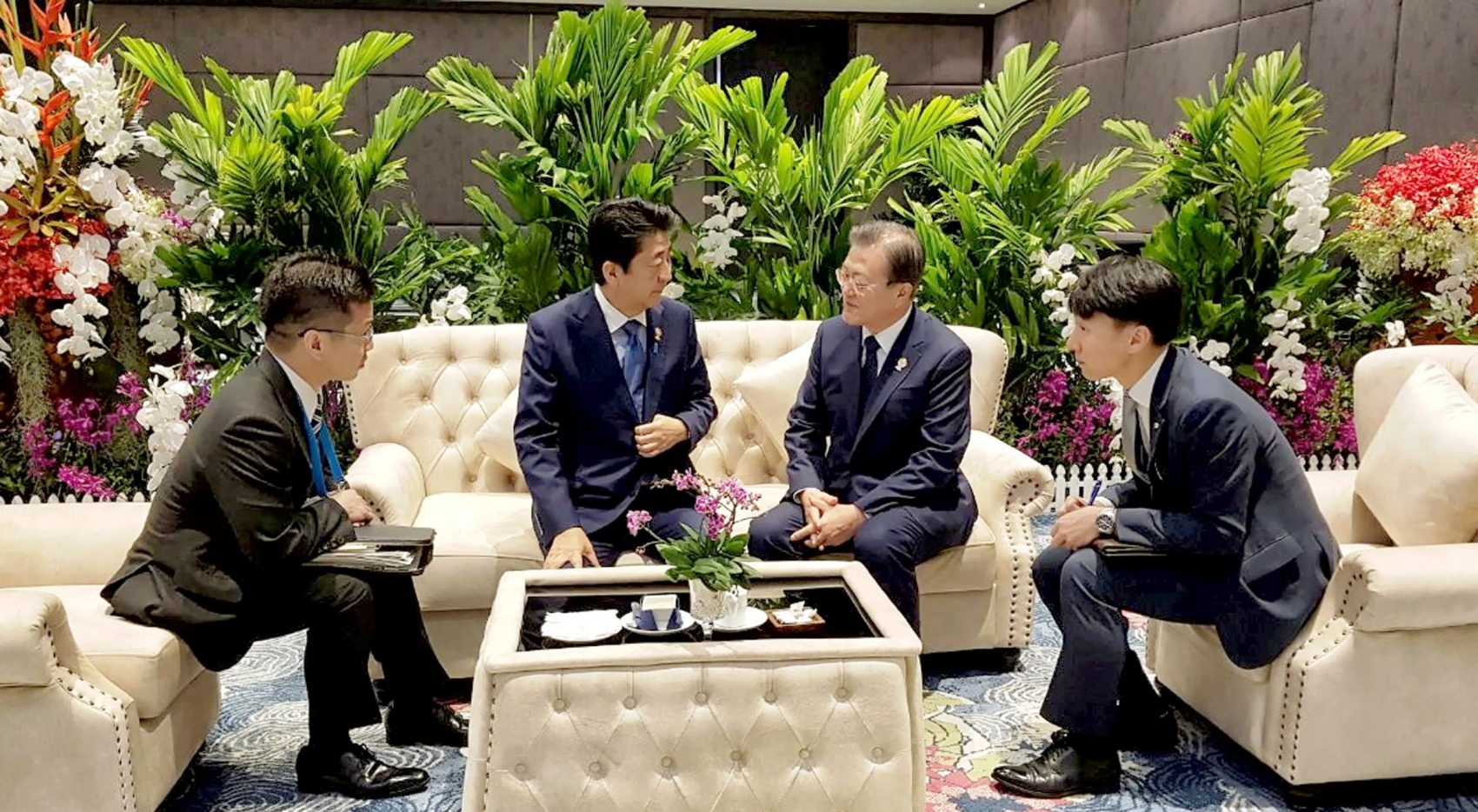

Japanese officials are incensed by the South Korea’s attempt to set up Prime Minister Shinzo Abe for a photo opportunity that could mislead the...



Just after the South Korean Supreme Court ruled that Japan’s Nippon Steel and Sumitomo Metal Corporation should compensate four South Korean plaintiffs for...